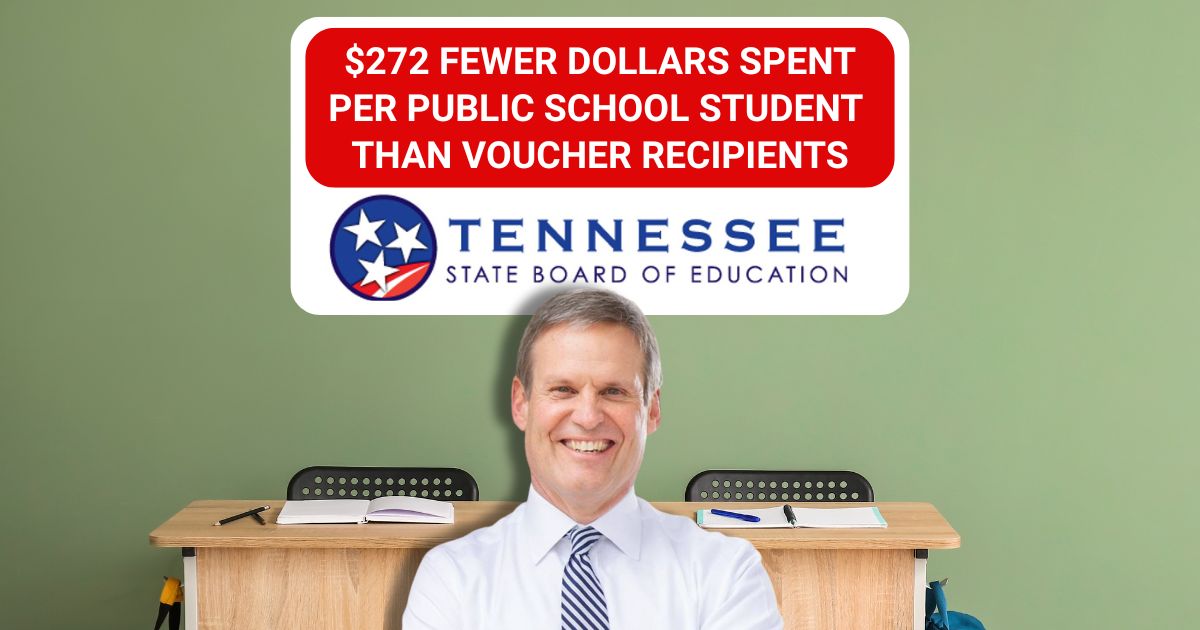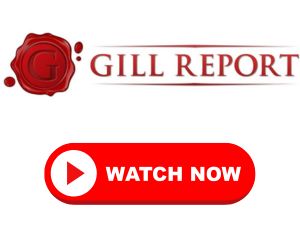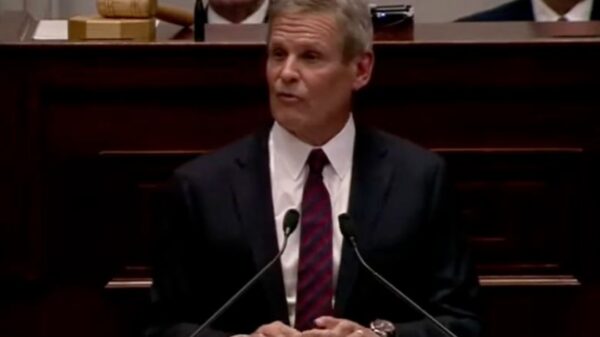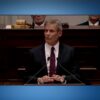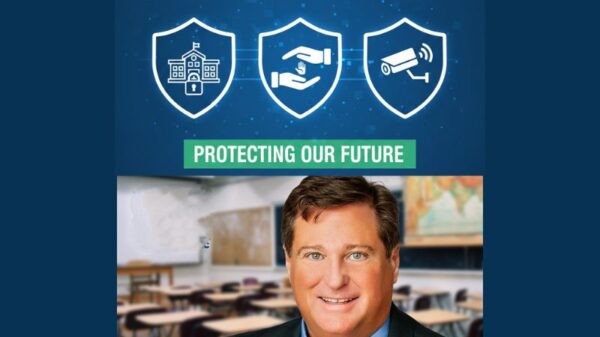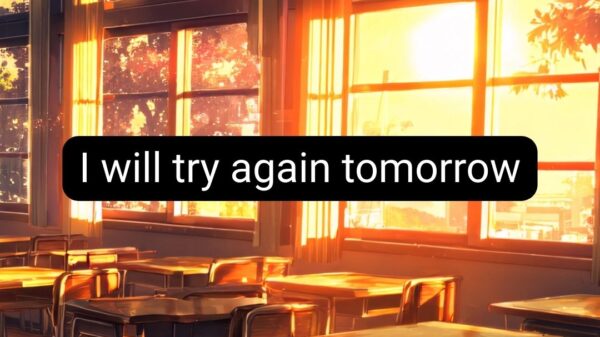Tennessee Department of Education data shows that state public school students will receive $272 less than students enrolled in Gov. Bill Lee’s private school voucher program.
According to the data, $6.8 billion in state funds have been dedicated to K-12 public schools for the 2025-26 budget year, which is about $7,023 per student. That is $272 per student LESS than what Gov. Lee’s private school voucher program provides.
Bill Lee’s school voucher program in Tennessee, officially known as the Education Freedom Act (EFA) Scholarship Program, provides families with scholarships worth $7,295 per student for the 2025-2026 school year to help cover the cost of private school tuition and other approved educational expenses.
The education funding data provided by the DOE is included in a chart showing the minimum K-12 education funding required by state law for the 2025-26 school year under the Tennessee Investment in Student Achievement (TISA) formula.
The use of the TISA formula passed the General Assembly in 2022, which transitioned Tennessee to a student-based funding formula for education, according to the State BOE. It was the first major revision to Tennessee’s education funding formula in 30 years.
The State BOE is set to meet on Friday, Aug. 15, at 9 a.m., where DOE charts and data will be presented to them by the Tennessee Department of Education.
There are ongoing legal and political debates surrounding the new program, particularly concerning its potential impact on public school funding and issues of transparency and data collection regarding who is receiving the vouchers. Although there are indications that the voucher payments are primarily going to students who were already enrolled in private schools, the state has refused to confirm or deny that fact.
Supporters argue that the program will boost competition, potentially enhancing public school performance; however, this claim lacks proof without data on EFA-driven enrollment changes and academic achievement progress among those receiving the scholarships. There is also a complete lack of transparency about voucher recipients. While proponents view it as a step forward for parental choice, critics say it prioritizes private school funding over public education, emphasizing the need for more data to assess its short and long-term impact.
Advocates for the EFA voucher program argued strenuously that it would not divert funding from public schools to private school schools. However, this gap between funding for public school students and private school voucher recipients is certain to raise new questions about the program and the representations made to secure its narrow passage by the legislature.
Steve Gill is Publisher of TriStar Daily.

